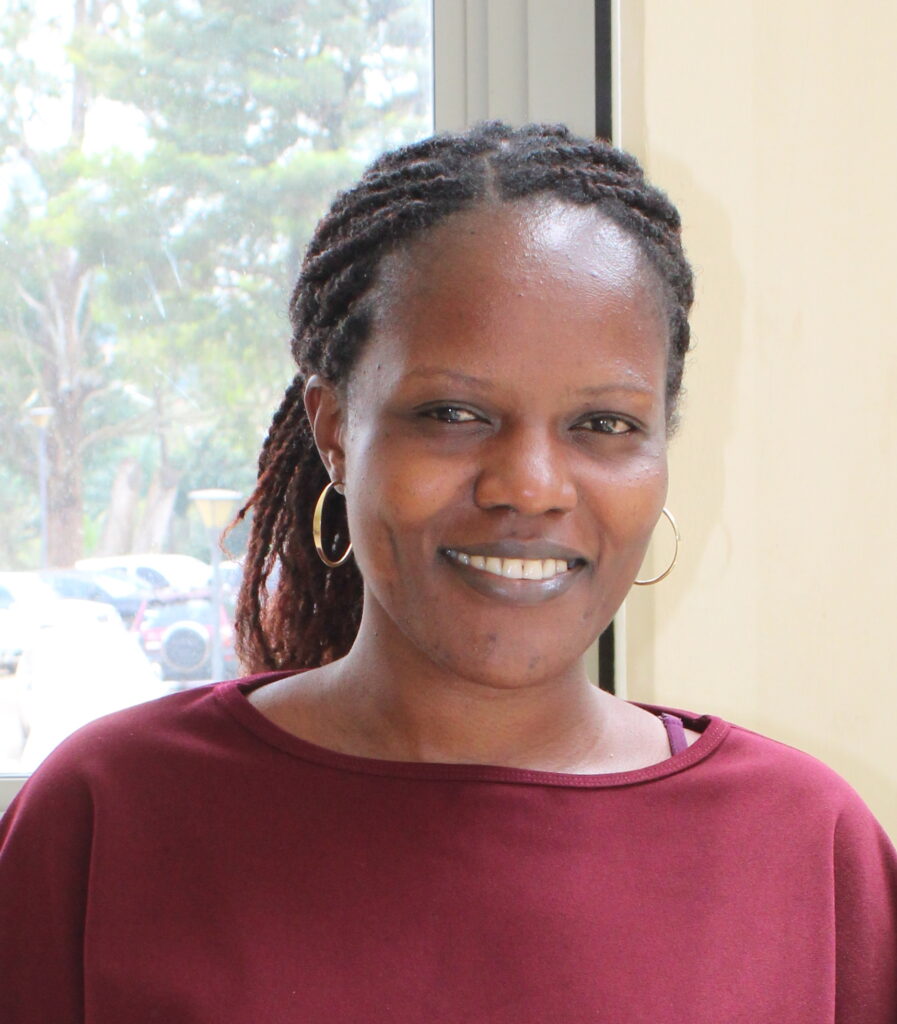Double Jeopardy: Child Protection Concerns amidst Displacement and COVID-19 Control.

Agnes Kyamulabi
- October 20, 2020
With over 1.4 million refugees, Uganda is one of the leading refugee host countries globally. One quarter of the country’s refugee population comprise of children, thousands of whom are unaccompanied.
Like many other countries, Uganda was affected by the COVID-19; and the country responded with the conventional measures to curb the pandemic. These included closure of international borders, a countrywide lockdown, mandatory quarantine for those exposed, hygienic practices like sanitizing; the wearing of facemasks and social distancing. The implementation of these measures paused a bigger challenge owing to the levels of crowding in refugee settlements.
The COVID-19 pandemic greatly impacted the refugee population, whose situation is already precarious under normal circumstances. This is especially more evident in the observance of the rights of these displaced populations. The inobservance of rights is worst for children due to their age, the child protection measures, both formal and informal are not as effective as they ought to be.
When populations are displaced, for whatever reason, they maintain relationships with the source communities; they create new ones within themselves and with the host communities. The refugee context is a risk prone one for children however, the children that are unaccompanied are most vulnerable to rights violations.
The measures to deal with the COVID pandemic further compromised the children rights movement since borders were closed, access to education because schools were temporarily closed. Border closure meant that children especially the unaccompanied one did not have a chance to reuniting with family of the other side, yet the relatives were also not in a position to cross in search of the displaced children. The evidence from Adjumani indicates that for some children the inability to cross borders also restricted crossings for marriage ceremonies. Whereas this seemed to be a concern for some children, it was a blessing in disguise from a Child Protection perspective, since this meant a reduction in occurrence of child marriages.
During the pandemic, there was a 30 % cut in the food supplies by WFP to the settlement camps in Uganda due insufficient funds. This impacted children’s nutrition since there were no alternative sources of food, and restricted movements constrained the caretakers’ ability to improvise and supplement the ration. Consequently, some children ended up engaging in child labour in order to contribute to the household food income. The situation also made some children; having a single meal a day, make some girls vulnerable to sexual exploitation in exchange for food items.
Among the COVID-19 response measures was lockdown which involved closure of borders, this meant there would be no any legal crossings among the countries. Despite the closer of the borders, children continue to cross into Uganda in search for food and other services which places them in a more vulnerable state such as the risk of contracting the virus.
The school environment, if protective, provides relief or some safe space for children to reduce on their susceptibility to violence. The social support centres were also closed; the closure of schools together with the restricted movement because of the lockdown implied that parents and children spent more time with the home setting. As observed in non-displacement settings where there was a spike in domestic violence, children in refugee settlements faced an increased risk of victimization. In general, children have been redundant which some REFLECT research participants considered as the main cause for increased teenage pregnancy and sexual violence among children.
With the above scenario as uncovered by the REFLECT study, there is need for COVID-19 response measures to have provisions for addressing the heightened vulnerability of children. The continuous assessment of the impact of these measures is imperative for child protection.


